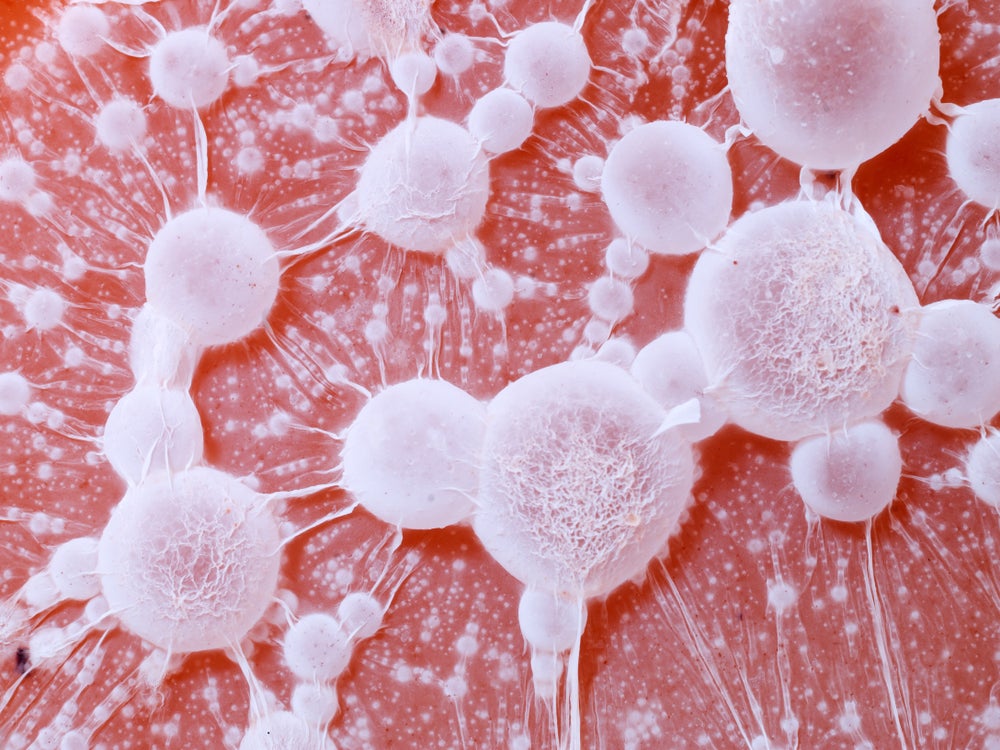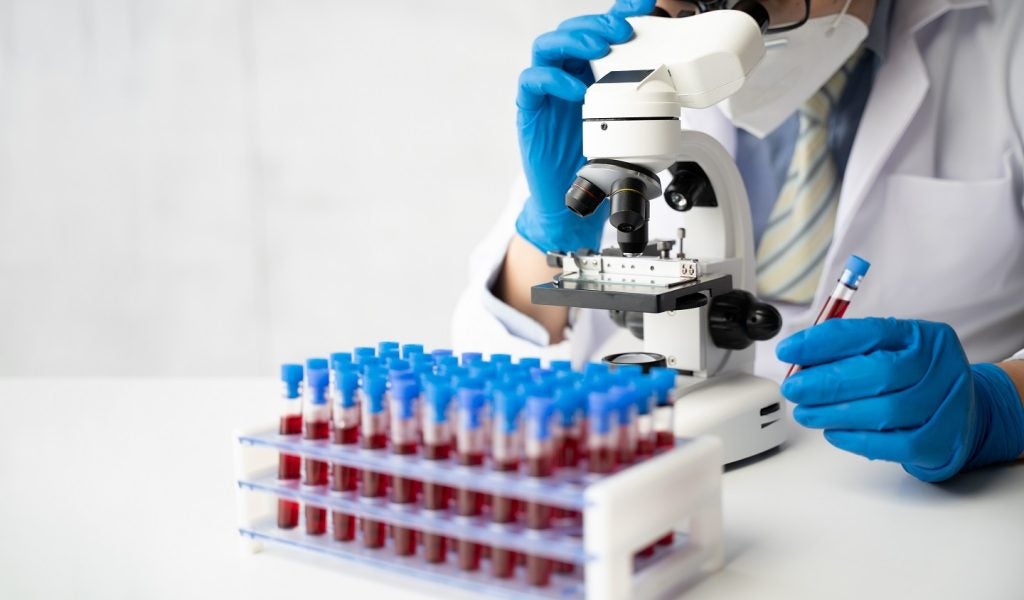
Researchers at Johns Hopkins Bloomberg School of Public Health in the US have developed a new saliva-based test that can accurately detect the presence of antibodies to SARS-CoV-2 virus that causes Covid-19.
According to the researchers, the results can be obtained in hours from small samples of saliva.
The saliva-based test serves as a potential substitute to blood-sample antibody tests for research and clinical use.
Based on antigens from SARS-CoV-2, mostly from its outer spike and nucleocapsid proteins, the test analyses saliva sample collected by rubbing a sponge between people’s teeth and gums.
The initial study showed that the test detected antibodies to several of these antigens in saliva samples from all 24 participants who had confirmed SARS-CoV-2 exposure. They have also developed symptoms two weeks prior to the testing.
Moreover, the saliva-based test yielded negative results for samples collected from people before the Covid-19 pandemic.
How well do you really know your competitors?
Access the most comprehensive Company Profiles on the market, powered by GlobalData. Save hours of research. Gain competitive edge.

Thank you!
Your download email will arrive shortly
Not ready to buy yet? Download a free sample
We are confident about the unique quality of our Company Profiles. However, we want you to make the most beneficial decision for your business, so we offer a free sample that you can download by submitting the below form
By GlobalDataBloomberg School Environmental Health and Engineering, Epidemiology, and International Health associate professor Christopher Heaney said: “If our saliva-based assay’s accuracy is borne out in larger studies, this non-invasive approach could make it easier to identify, at a population level, who has already had a SARS-CoV-2 infection and where gaps in seropositivity remain, heading into the winter and beyond.
“This could inform targeted vaccination efforts and, after vaccines start to roll out, help figure out how long vaccine-induced antibodies last — all without repeated, invasive blood draws.”
The researchers noted that the test may be able to reliably detect SARS-CoV-2 antibodies, starting approximately ten days after Covid-19 symptoms appear but not earlier.
Earlier, the team developed a saliva-based test for SARS-CoV-2 antibodies using a panel of 12 known viral antigens that are already used for blood-based antibody tests.
In addition, Heaney and team have invented accurate saliva-based antibody tests for other disease-causing viruses such as enteric pathogen norovirus and liver-infecting hepatitis E virus.







